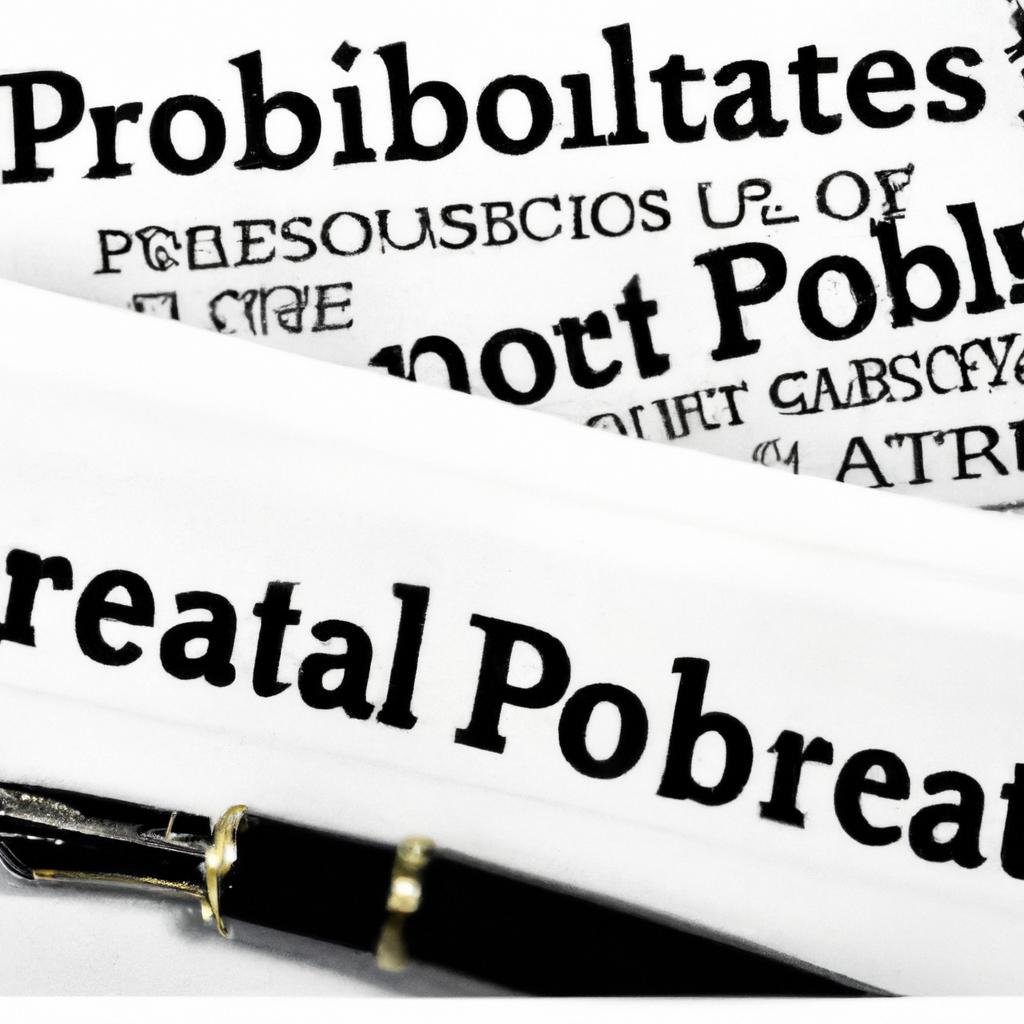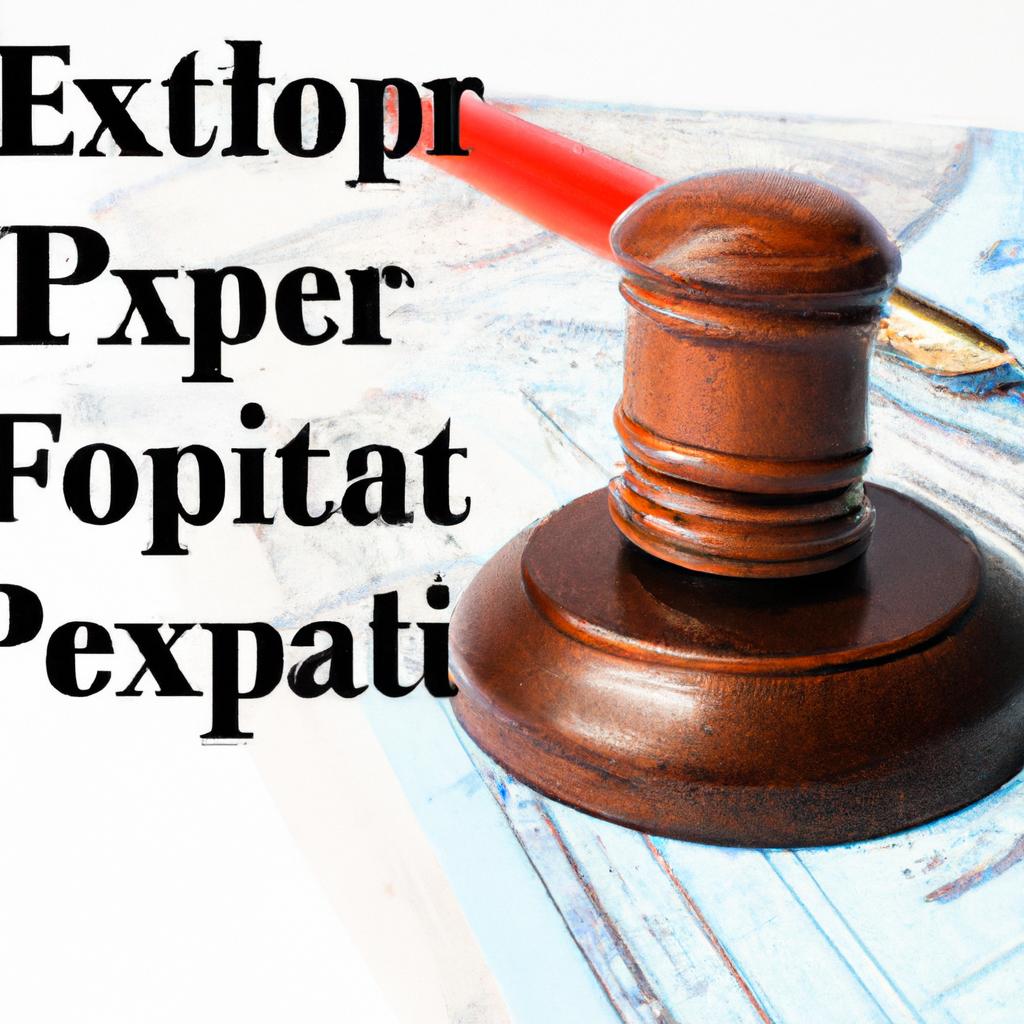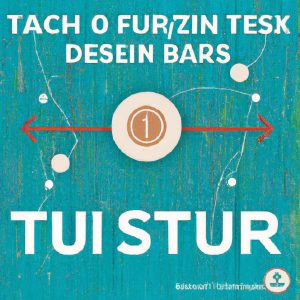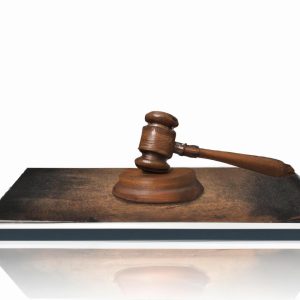Navigating the intricate world of probate in New York can feel like embarking on a labyrinthine journey, filled with complex legalities and potential pitfalls. From the Surrogate’s Court to different forms and procedures, the varied types of probate in the Empire State can be overwhelming to the uninitiated. As experienced legal practitioners at Morgan Legal Group in New York City, we aim to shed light on the different types of probate in New York, providing clarity and guidance to those seeking to navigate the probate process with confidence and ease. With our expertise in estate planning, probate, elder law, Wills, and trusts, we are here to demystify the complexities of probate law and empower you to make informed decisions for the future.
Understanding Probate in New York State
Are There Different Types Of Probate In New York?
When it comes to probate in New York State, there are indeed different types that can be applied depending on the specific circumstances of the deceased individual’s estate. These different types of probate include:
- Voluntary Probate: This process is typically used when the decedent’s estate consists of less than $30,000 in personal property.
- Formal Probate: This is the most common type of probate in New York and is required when the estate is worth more than $30,000 or when the decedent owned real property.
- Small Estate Affidavit: This process can be used for estates with personal property valued at $50,000 or less, as long as there is no real property involved.
It is crucial to understand the nuances of each type of probate in order to navigate the process effectively and efficiently. Consulting with an experienced probate attorney can help you determine the best course of action for administering the estate and ensuring that the decedent’s assets are distributed according to their wishes.

Types of Probate Proceedings in New York
Probate proceedings in New York can generally fall under two main categories: formal probates and informal probates. Formal Probate: This involves a court process where a judge determines the validity of a will and appoints an executor to administer the estate. This type of probate is necessary when there are disputes over the will or if the estate is complex. Informal Probate: In this type of probate, the court is not involved in the process, and the executor can administer the estate without court supervision as long as the will is uncontested and the estate is straightforward.
Within these main categories, there are further , including summary probate proceedings for small estates and ancillary probate proceedings for out-of-state property owned by a New York decedent. Each type of probate proceeding has its own set of rules and requirements, so it is important to consult with a knowledgeable probate attorney to determine the most appropriate course of action for your specific situation.

Factors to Consider When Choosing the Right Probate Process
When choosing the right probate process in New York, there are several important factors to consider that can significantly impact the outcome of the administration of an estate. One key factor to consider is the size and complexity of the estate. Larger estates with multiple assets and beneficiaries may require a more formal probate process, while smaller estates with fewer assets may be eligible for a simplified probate process.
Another important factor to consider is the relationship between the executor of the estate and the beneficiaries. In cases where there is potential for conflict or disputes between parties, it may be advisable to choose a probate process that allows for more court supervision and oversight. Additionally, the cost and time involved in each probate process should be carefully considered, as they can vary significantly depending on the specific circumstances of the estate.

Expert Recommendations for Navigating Probate in New York
In New York, there are primarily two types of probate proceedings that may be required depending on the circumstances of the estate. Understanding the differences between the two can help streamline the process and ensure that the assets are distributed according to the decedent’s wishes:
- Informal Probate: This is a simplified process that is available when there are no disputes or complications regarding the estate. The executor submits the necessary paperwork to the Surrogate’s Court, and if everything is in order, the court issues the necessary orders to allow for the distribution of assets.
- Formal Probate: This process is more complex and is required when there are disputes, challenges to the will, or other issues that need to be resolved by the court. It involves a formal petition to the court, a hearing, and a final order of probate.
| Informal Probate | Formal Probate |
|---|---|
| Simple process | Complex process |
| No court hearings | Court hearings required |
| Generally quicker | Can be time-consuming |
Q&A
Q: What is probate and why is it important in New York?
A: Probate is the legal process of proving a will in court and distributing a deceased person’s assets. It’s important in New York to ensure that the deceased person’s wishes are carried out and that their assets are distributed correctly.
Q: Are there different types of probate in New York?
A: Yes, there are different types of probate in New York, including formal probate, simplified probate, and ancillary probate. Each type of probate is used for different situations and has its own set of requirements.
Q: What is formal probate and when is it used?
A: Formal probate is the most common type of probate in New York and is used when there is a valid will that needs to be proven in court. It involves submitting the will to the court and going through a formal legal process to distribute the deceased person’s assets.
Q: What is simplified probate and how does it work?
A: Simplified probate is a quicker and simpler probate process that can be used when the estate is under a certain value and meets certain requirements. It involves submitting a simplified probate petition to the court and going through a shorter legal process to distribute the deceased person’s assets.
Q: What is ancillary probate and when is it needed?
A: Ancillary probate is used when a deceased person owned property in another state besides New York. It involves going through a separate probate process in that state to distribute the property, in addition to any probate that is done in New York.
Q: Are there any alternatives to probate in New York?
A: Yes, there are alternatives to probate in New York, such as setting up a living trust or using transfer on death designations for assets like bank accounts or real estate. These alternatives can help avoid the probate process and ensure a smoother transfer of assets after death.
To Wrap It Up
In conclusion, understanding the various types of probate in New York is essential for navigating the legal process effectively. Whether you are dealing with a simplified probate proceeding or a more complex estate administration, knowing your options can help alleviate some of the stress and uncertainty during this difficult time. By seeking guidance from a knowledgeable probate attorney, you can ensure that your loved one’s final wishes are carried out smoothly and efficiently. Remember, each case is unique, so it’s important to consult with a legal professional to determine the best approach for your specific situation.







